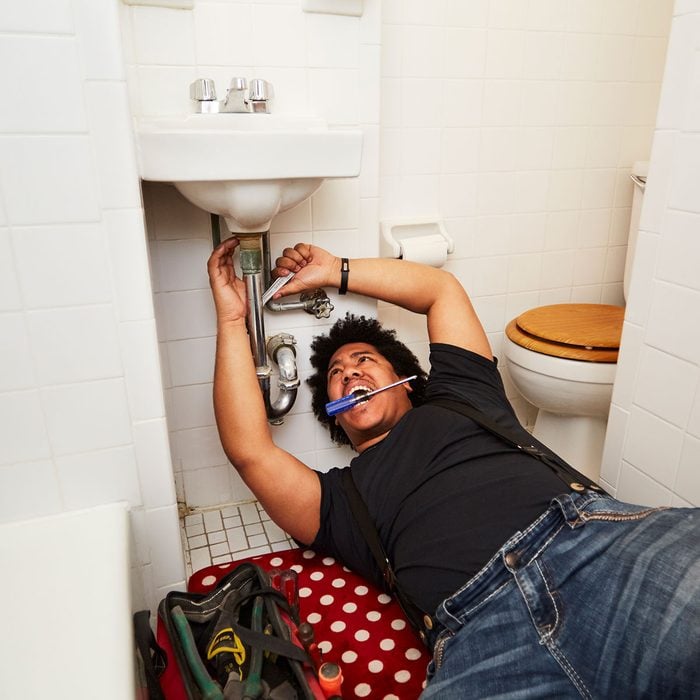All Categories
Featured
Yet Pedersen, a retired pharmaceutical exec, was unwilling to call any person else. The home, constructed around 1910, has detailed plumbing and piping issues, and "he understands your house really well," Pedersen claims. <!-> <!-> While an unresponsive plumber might seem a sign of a shoddy operation, it can additionally be the indication of a person sought after.

It was only after the remainder of the space was completed that Percel discovered the heating system really did not function. It ends up the pipes weren't the right kind for steam warm, yet the plumbing technician had never examined them to discover. "I would certainly simply presumed he would certainly tested the pipelines and examined for vapor," Percel says.
Numerous plumbings think it's the client's duty to double-check that existing components work prior to making adjustments. Percel's plumbing technician was not the owner of the firm, whom he 'd spoken to and whom he thought he was hiring.

Silk, the Maryland plumbing, claims a good plumbing should agree to chat via an issue with a client on the phone. Neighborhood plumbing-supply shops, he says, can additionally use assistance and suggestions for basic repairs such as a dripping tap or a shower-head replacement. John Rendahl, a sales associate at R&D Plumbing Materials near Seattle, claims lots of consumers see the shop solely to ask just how to repair something themselves.
Should I Hire A Plumber?

He recalls one customer who recently came in questioning a problem with a 35-year-old Kohler low-boy commode that would not stop running. Rendahl opened a components publication, looked up the shutoff for that specific commode and, based on the issue the customer defined, recommended that he replace the storage tank sphere.
Latest Posts
24/7 Plumber local to ,
Plumber nearby
Plumber